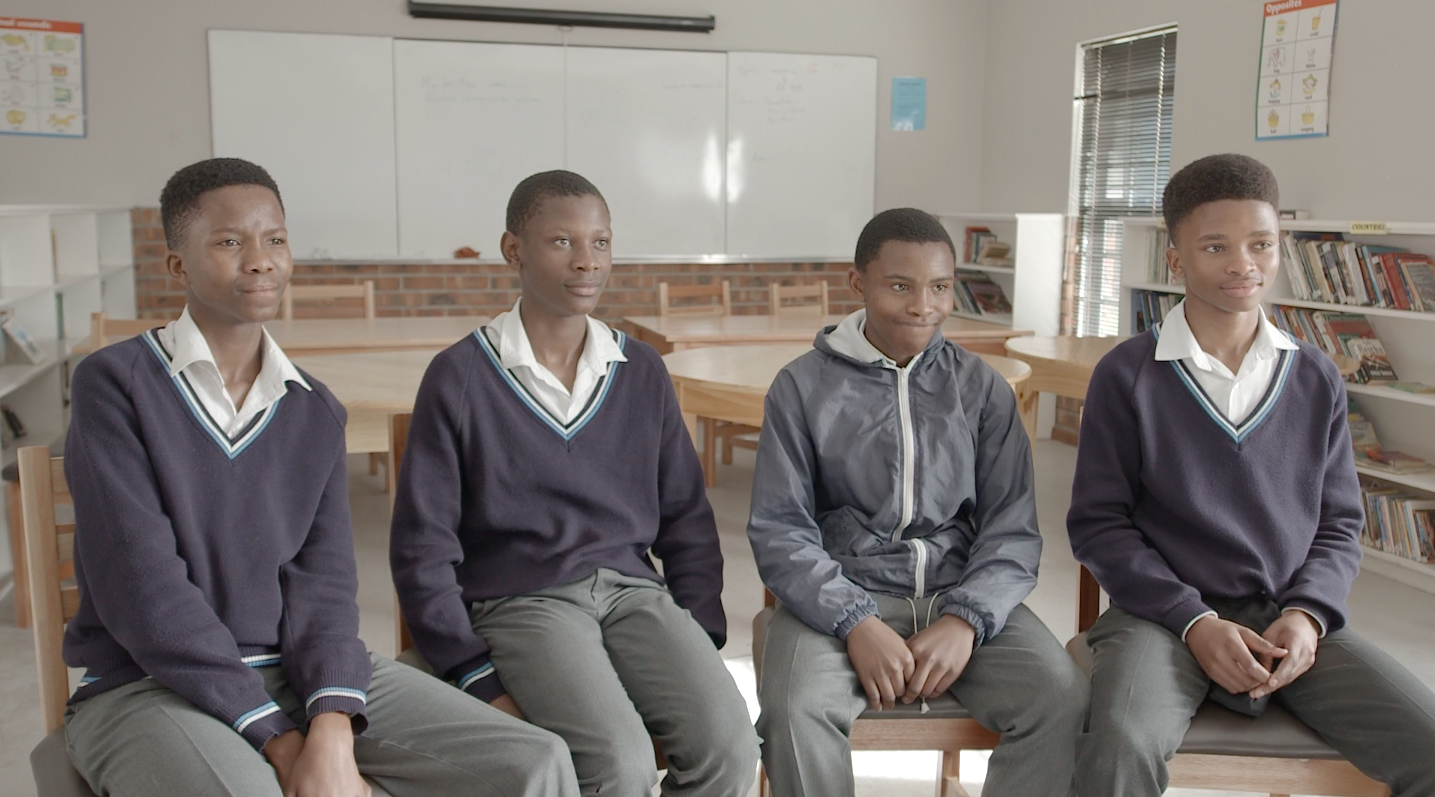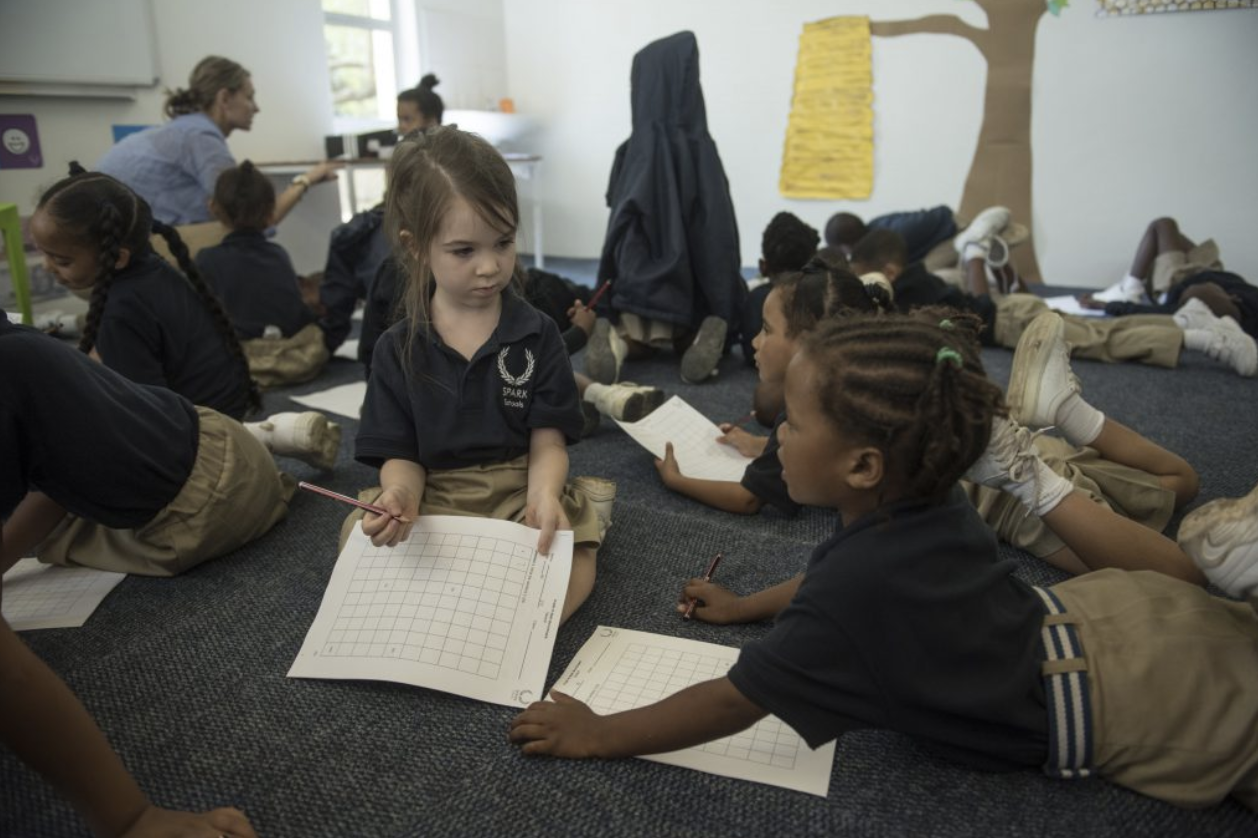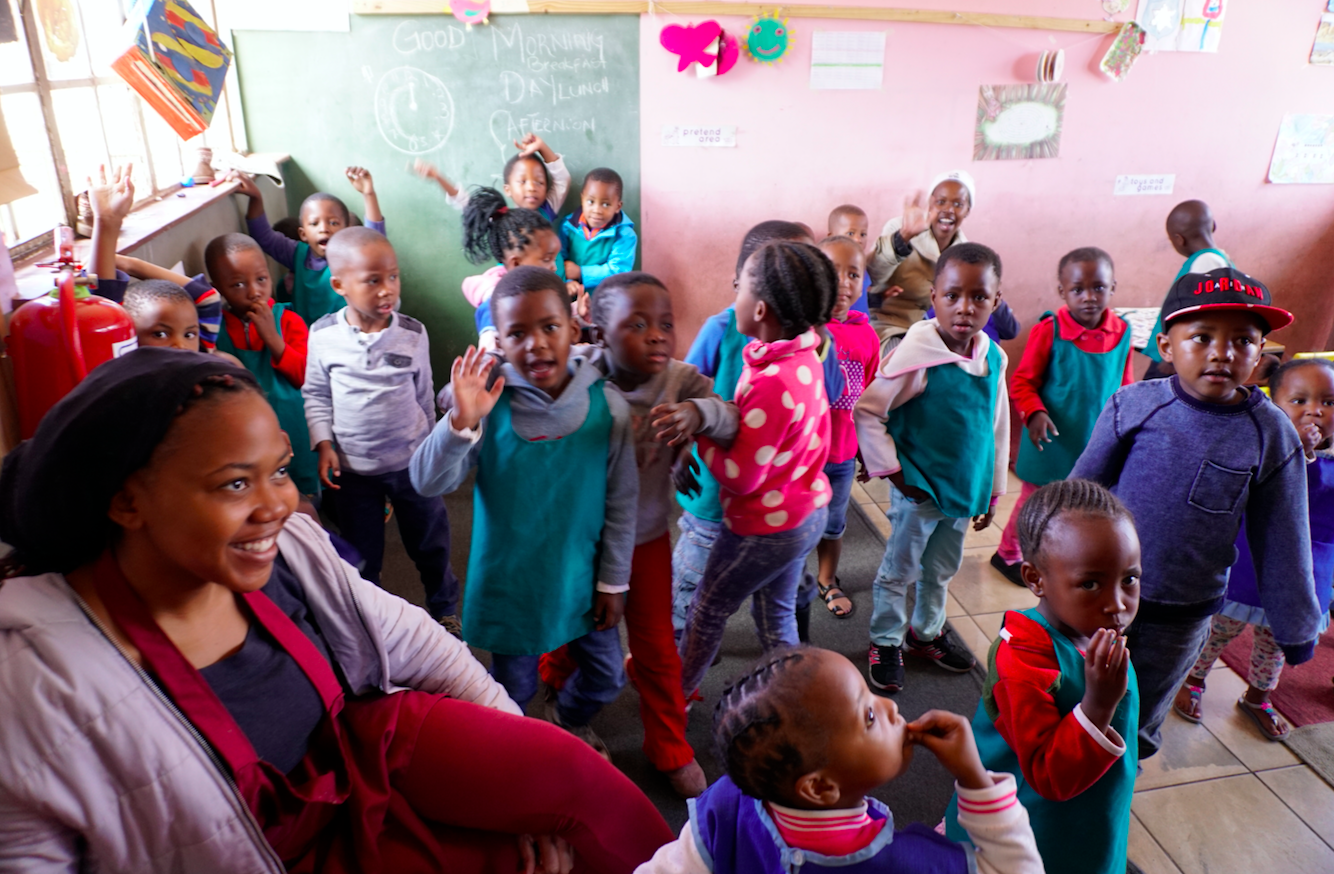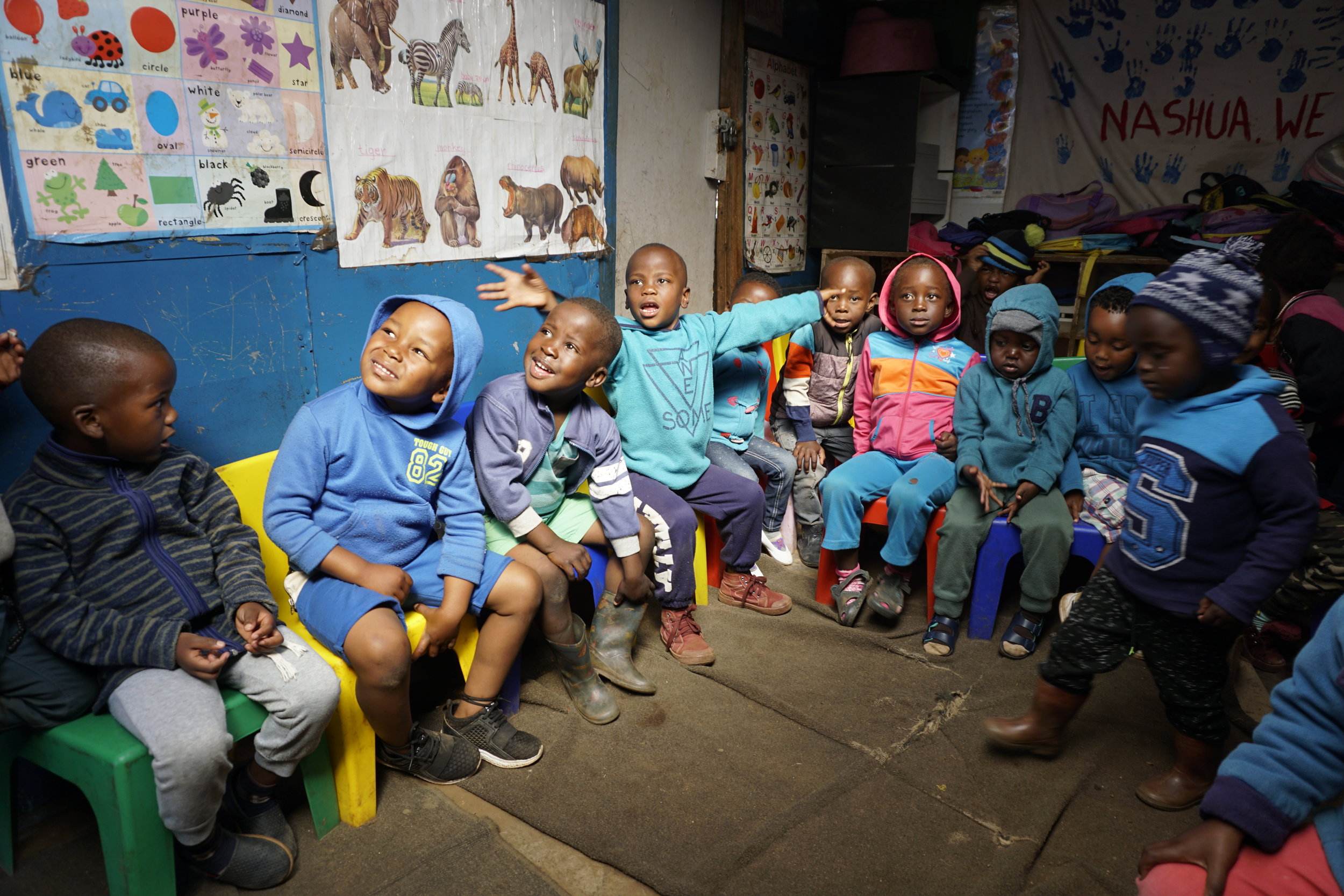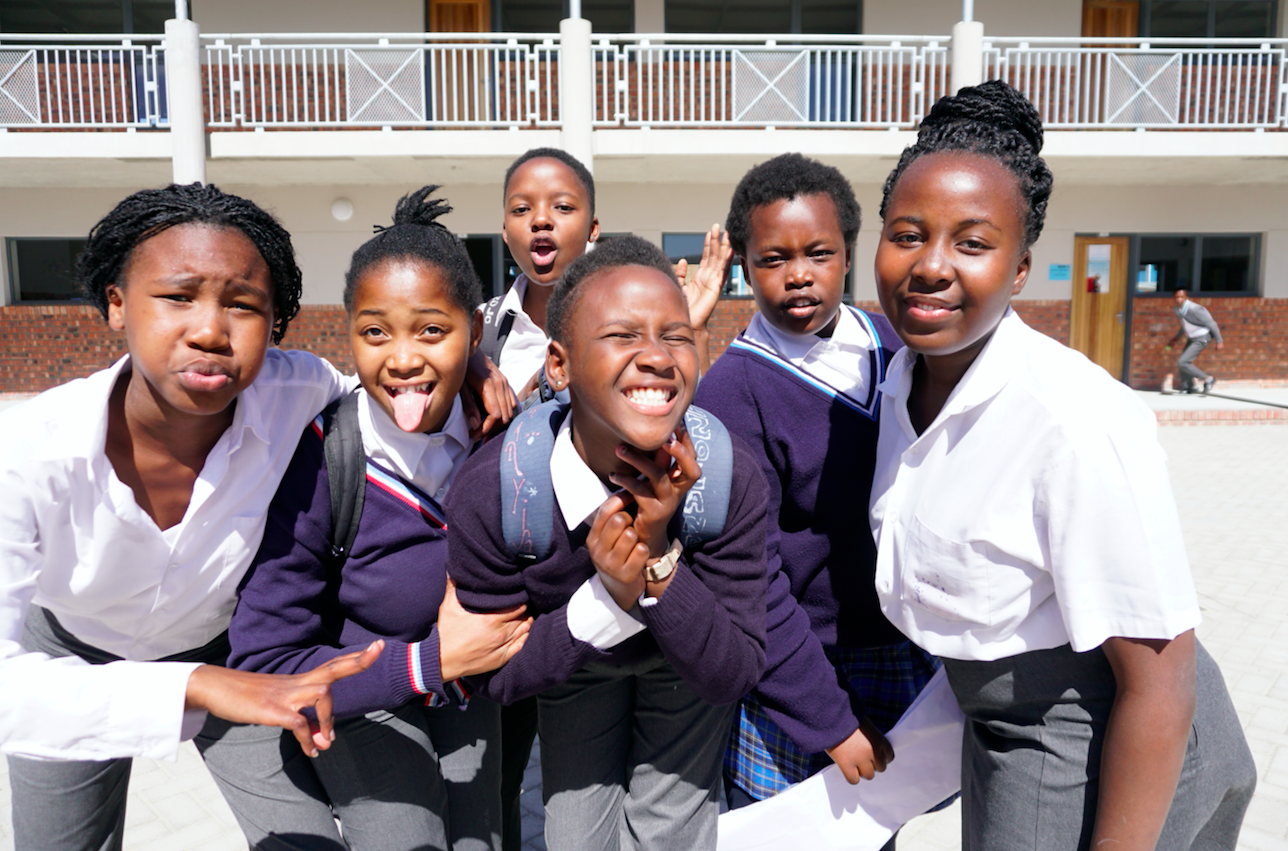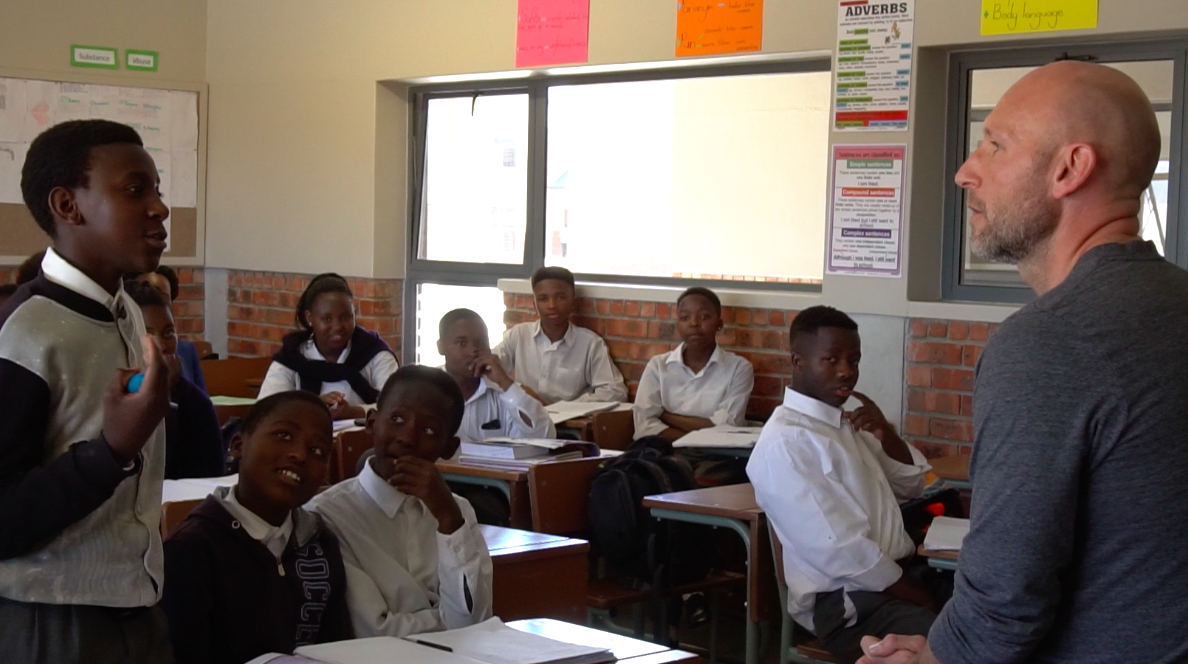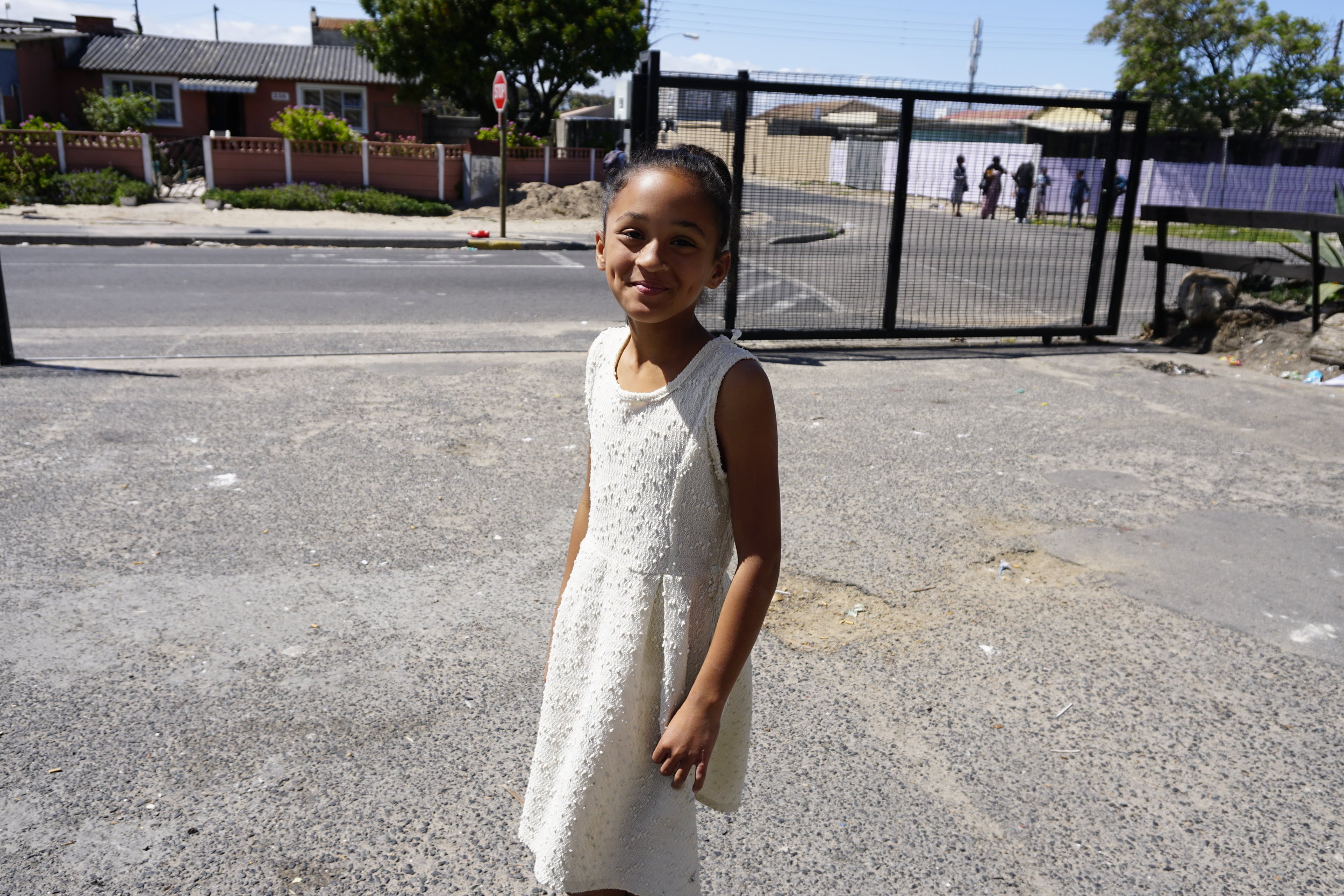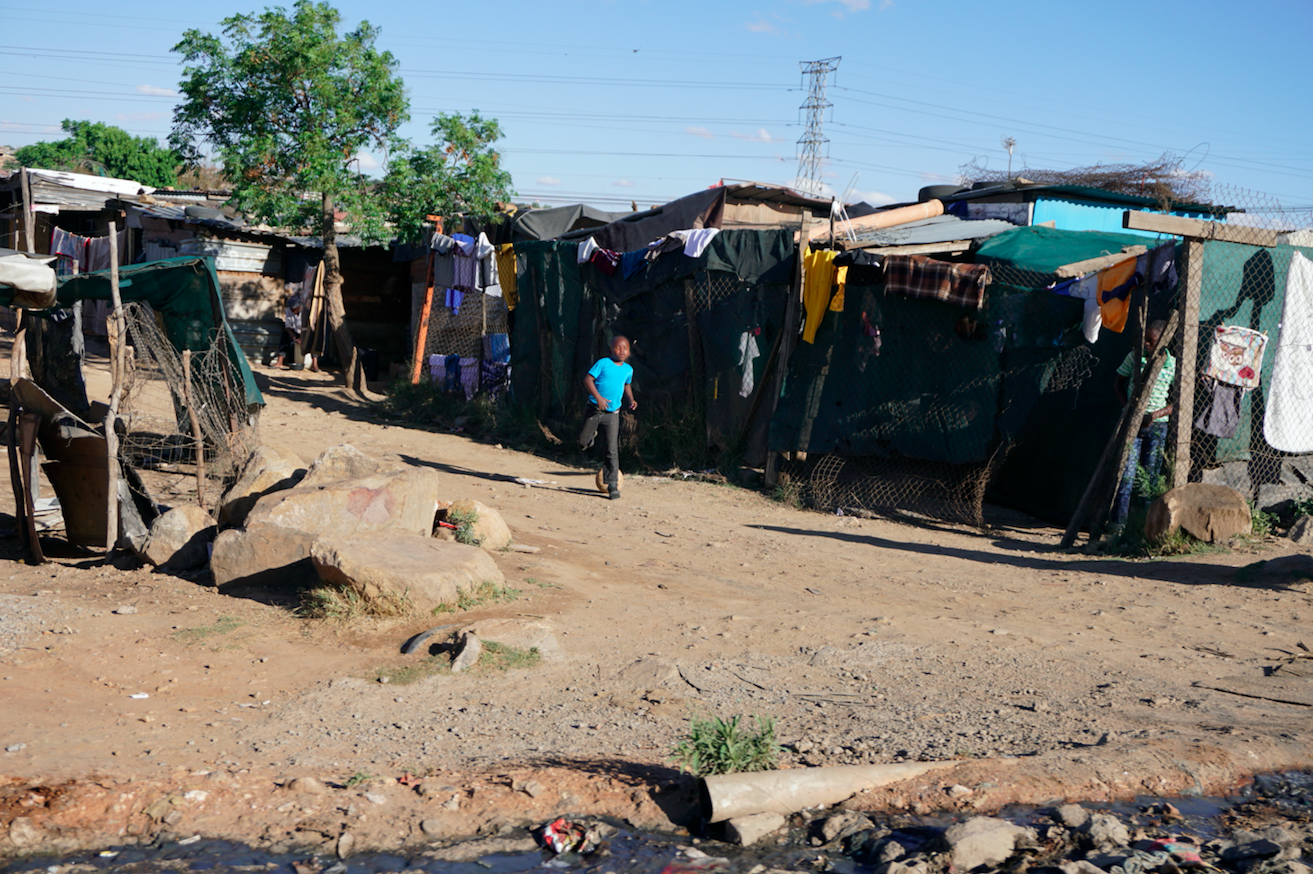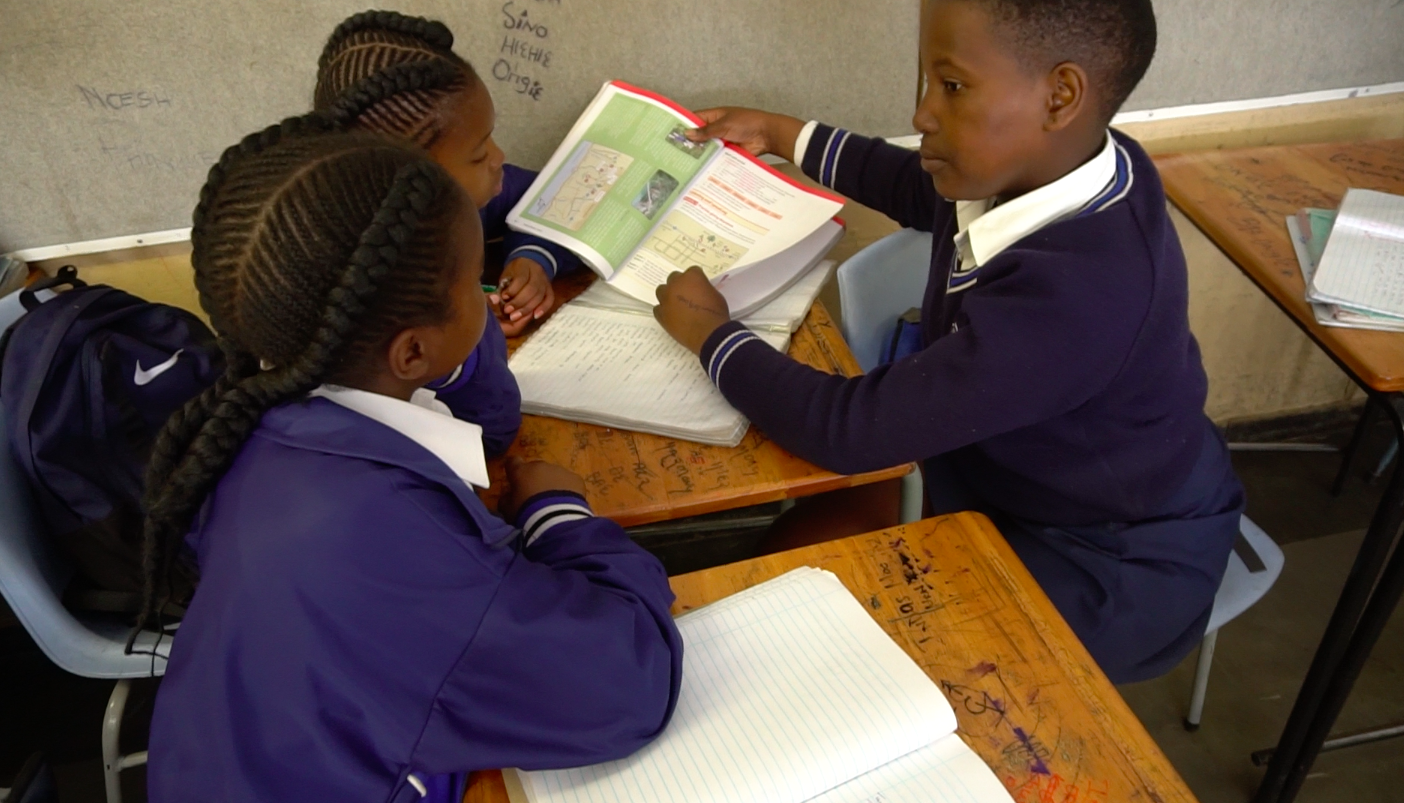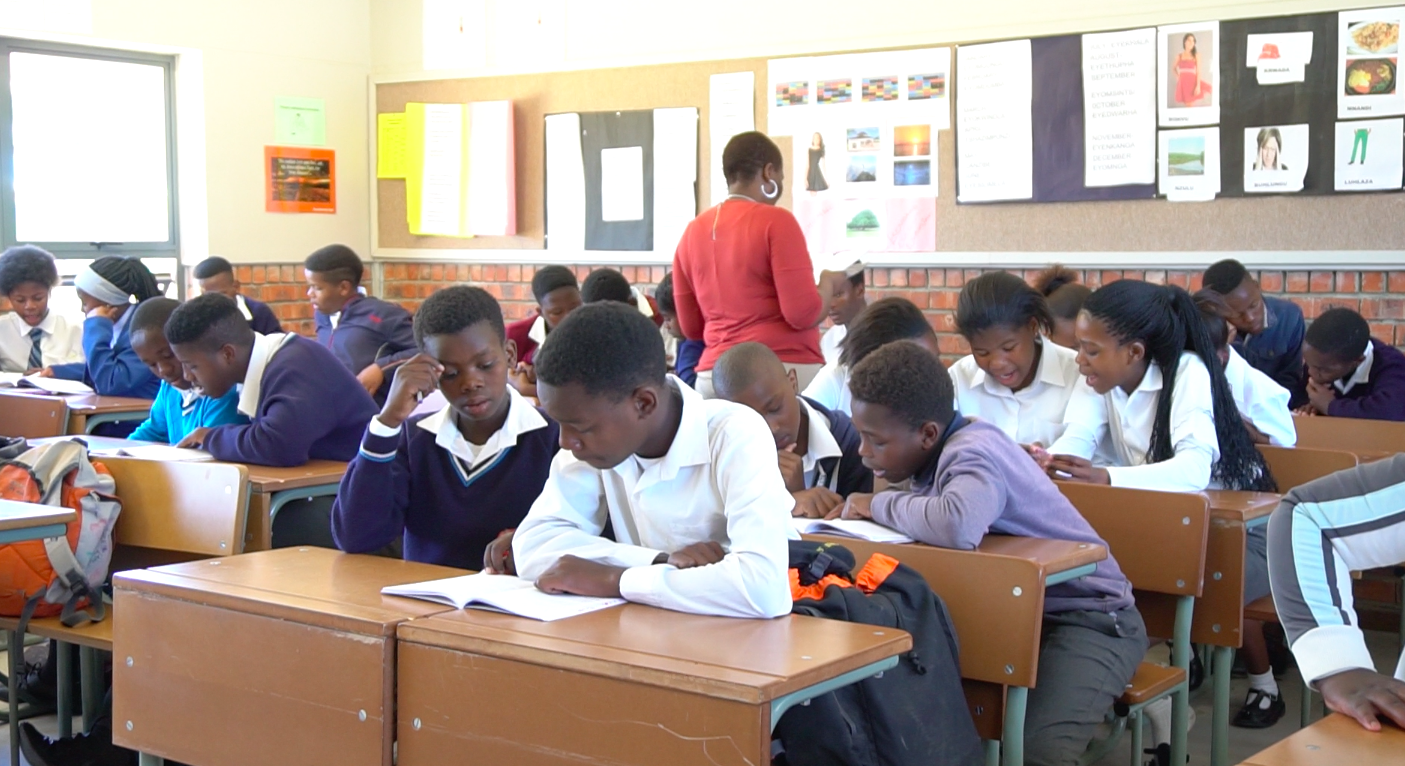Current PROJECT
South Africa: The Promise of Progress
“Education is the great engine of personal development. It is through education that the daughter of a peasant can become a doctor, that the son of a mineworker can become the head of the mine, that a child of farm-workers can become the president”
“The Promise of Progress” tells a story that starts with the removal acts in Cape Town to the election of Nelson Mandela, and through to the present state of a country in crisis - with the glaring economic inequalities mirrored in a largely "dysfunctional” education system.
Context
Today, South Africa remains as economically divided as it was in the Apartheid era. Its economic and racial divisions are mirrored in the disparity of educational opportunity and attainment. The current process of social reproduction stands at odds with the dream felt far and wide when Nelson Mandela took to the stage in 1994. In an economic sense, the revolution did not happen. Or, as one teacher told us, “I believe we have regressed.” Though the battle for social equity requires an all out assault from various angles, we are focusing on what is the most foundational and widely attractive ingredient for social change: education.
Struggling schools often have a tired leadership who may have invested in their students but have not seen the results expected. The uninspired environment in schools leads to discouraged teachers and uninterested students. A culture of testing has been entrenched to hold schools accountable and motivate teachers, but the passing score is sometimes only 30% which does not challenge students to become more disciplined, focused, and skillful.
The primary issue in primary schools is language and reading comprehension. South Africa, now democratized, recognizes 11 official languages, but most teachers typically speak only their mother tongue well and then either English or Afrikaans at a level less than what is needed to properly prepare their students. Secondary school students are dropping out at a rate of 500,000 per year due to various social ills and educational limitations. Many are quickly joining gangs. Technology, which has the potential to play a pivotal role, can allow teachers to leverage the internet to allow students to learn independently and cooperatively; however, access is sporadic and underutilized, particularly in the most underperforming schools in rural areas. Most children begin their long walk home at the sound of the last bell at 2:00pm, as schools lack the funds to support after school programs like sports and clubs - activities that build culture and tie students meaningfully to their school communities. On top of all these school issues rests a government and a teacher’s union who face a weak accountability structure, with daily stories revealing corruption and ineptitude.
Solutions include more strategic early language instruction, leveraging technology to provide better learner-centered instruction, reforming the restrictive national curriculum to make it more relevant and dynamic, more fully supporting effective NGO’s, more thoughtfully incentivizing teachers to attend professional development opportunities, breaking up the cozy relationship between the teachers union and the ruling party, offering teachers and learners more access to counseling, and utilizing schools to empower young people to become the new leaders of their communities.
Rising Tides interviewed various experts in the fields of education, history, philosophy, and leadership. Here are some of those interviews.
Sharna Fernandez:
Western Cape Provincial Minister of Social Development
Dr. Haroon Mohamed:
Chief Directorate: Curriculum management and Teacher Development for the Western Cape
Dr. Jonathan Jansen:
Public Intellectual and Distinguished Professor of Education at Stellenbosch University
Dr. Corvell Cranfield:
National Mathematics Manager at National Education Collaboration Trust
Dr. Nic Spaull:
Senior Researcher of Economics, Education, and Poverty. Stellenbosch University
Dr. Chet Fransch:
Professor of History. Stellenbosch University
Professor Nuraan Davids:
Lecturer on Philosophy of Education and Democratic Citizenship
Dr. Lynne Hermann:
Executive Director of The National Professional Teachers’ Organization of South Africa
Dr. Lydia Abel:
Former Director of ORT SA CapE
Rising Tides filmed at various schools. Here are some of those schools.
Lavender Hill Secondary School:
Christmas Tinto Primary School
Zwelethemba High School
Spark School of Lynedoch:
“Education is the most powerful weapon which you can use to change the world.”













